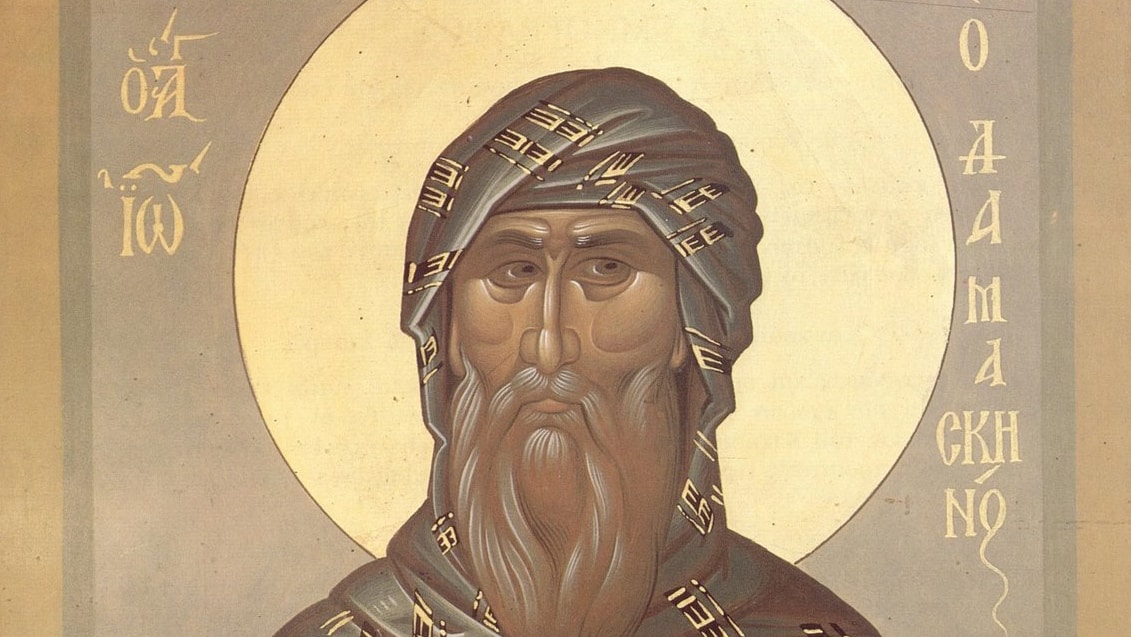“This year the Lord grants us, once again, a favourable time to prepare to celebrate with renewed hearts the great mystery of the death and resurrection of Jesus, the cornerstone of our personal and communal Christian life. We must continually return to this mystery in mind and heart, for it will continue to grow within us in the measure that we are open to its spiritual power and respond with freedom and generosity.”
This was the introduction of Pope Francis’ message for this year’s message for Lent which has, as its title, a direct quote from St Paul’s Second Letter to the Corinthians in which he tells them: “We implore you on behalf of Christ, be reconciled to God” (2 Cor 5:20). Reconciliation with God is truely essential if we really desire to celebrate “the great mystery of the death and resurrection of Jesus, the cornerstone of our personal and communal Christian life.” Without such an authentic reconciliation, which certainly implies from us to be “open to its spiritual power and respond with freedom and generosity,” our Easter celebration would simply be a fake one. And real change will be very far from our existential horizon.
When one delves deeper into the writings of the Fathers of the Church they all give us tips as to how we can be reconciled with God. May their writings convince us to let the Holy Spirit bring us closer to God, our Father. For instance, Pope St Leo the Great (400-461), whose papacy was described by Pope Benedict XVI as “undoubtedly one of the most important in the Church history” (General Audience of 5 March 2008), spoke about the need to cleanse ourselves from all corruption of both the flesh and spirit thanks to self-denial. He writes:
As we are therefore beginning this sacred season, dedicated to the purification of the soul, let us be careful to fulfill the Apostolic command that we cleanse ourselves from all defilement of the flesh and of the spirit (IICor. 7:11), so that restraining the conflict that exists between the one and the other substance, the soul, which in the Providence of God is meant to be the ruler of the body, may regain the dignity of its rightful authority, so that, giving offense to no man, we may not incur the contumely of evil mongers. With just contempt shall we be tormented by those who have no faith, and from our wickedness evil tongues will draw weapons to wound religion, if the way of life of those who fast be not in accord with what is needed in true self-denial. For the sum total of our fasting does not consist in merely abstaining from food. In vain do we deny our body food if we do not withhold our heart from iniquity, and restrain our lips that they speak no evil (Lent the Season of Purification).
In his writings Pope St Leo echoes St Paul’s injunction which we find black on white in his letter to the Romans whereby the Apostle of the Gentiles strongly admonishes them: Do not be conformed to this world (Rom 12:2). In fact, the holy Pontiff says in his Homily 49 On Great Lent:
Blessed is the mind that passes the time of its pilgrimage in chaste sobriety, and loiters not in the things through which it has to walk, so that, as a stranger rather than the possessor of its earthly abode, it may not be wanting in human affections, and yet rest on the Divine promises.
In his Angelus Address of Sunday 31 August 2014 Pope Francis said perfectly the same thing when he commented on the same biblical passage which was quoted above from the letter to the Romans:
Indeed, we Christians live in the world, fully integrated into the social and cultural reality of our time, and rightly so; but this brings with it the risk that we might become “worldly”, that “the salt might lose its taste”, as Jesus would say (cf. Mt 5:13). In other words, the Christian could become “watered down”, losing the charge of newness which comes to him from the Lord and from the Holy Spirit. Instead it should be the opposite: when the power of the Gospel remains alive in Christians, it can transform “criteria of judgment, determining values, points of interest, lines of thought, sources of inspiration and models of life” (Paul VI Apostolic Exhortation, Evangelii Nuntiandi, n. 19). It is sad to find “watered-down” Christians, who seem like watered-down wine. One cannot tell whether they are Christian or worldly, like watered-down wine; one cannot tell whether it is wine or water! This is sad. It is sad to find Christians who are no longer the salt of the earth, and we know that when salt loses its taste, it is no longer good for anything. Their salt has lost its taste because they have delivered themselves up to the spirit of the world, that is, they have become worldly.
For St John Chrysostom (349-407), the great Patriarch of Constantinople of the fourth century which was so much gifted with the gift of eloquence that was nicknamed “golden-mouthed” (Chrysostomos, in English Chrysostom), Christ is our exemplar to be reconciled with God because he taught us how to fight temptations and overcome them. Much like a wrestler does.
When He had fasted for forty days and forty nights, and afterwards was hungry, He gave an opportunity to the devil to draw near, so that He might teach us through this encounter how we are to overcome and defeat him. This a wrestler also does. For in order to teach his pupils how to win he himself engages in contests with others, demonstrating on the actual bodies of others that they may learn how to gain the mastery. This is what took place here. For, desiring to draw the devil into contest, He made His hunger known to him. He met him as he approached, and meeting him, with the skill which He alone possessed, He once, twice, and a third time, threw His enemy to the ground (From The Sunday Sermons of the Great Fathers).
Finally, for St Macarius of Optina (1768-1822), a venerable elder of Optina Monastery and a founder of Optina’s eldership in Russia, both repentance and participation in the Most Holy Eucharist, are, indeed, the strongest means to actually be reconciled with God. He wrote:
Special services, special foods, continence, not going to dances and events, all this awakes one to piety and reflection on our present purpose, on the past and on eternity. Seeing in ourselves a falling away from the commandments of God, we try to reconcile ourselves to God through repentance and communion of the most pure and life-giving Mysteries of Christ, which burn the thorns of our sins. You, when you have not fulfilled this duty during the year, of course will fulfill it during the Fast. The most merciful Lord loved us so much, that He gave us, through food and drink, His most pure Body and life-giving Blood, as a token of life eternal and the incorrupt future feast. Let us offer Him thanksgiving with pure hearts, lips and acts!
May these powerful patristic reflections concerning our repentance, fighting against temptations by not conforming to the ways of the world and be strengthened by the most precious Body and Blood of Christ help us in our journey of Lent that eventually will lead us, as Pope Francis told us in his Lenten Message of 2020, to contemplate more deeply the paschal mystery through which God’s mercy has been bestowed upon us (no.2).








